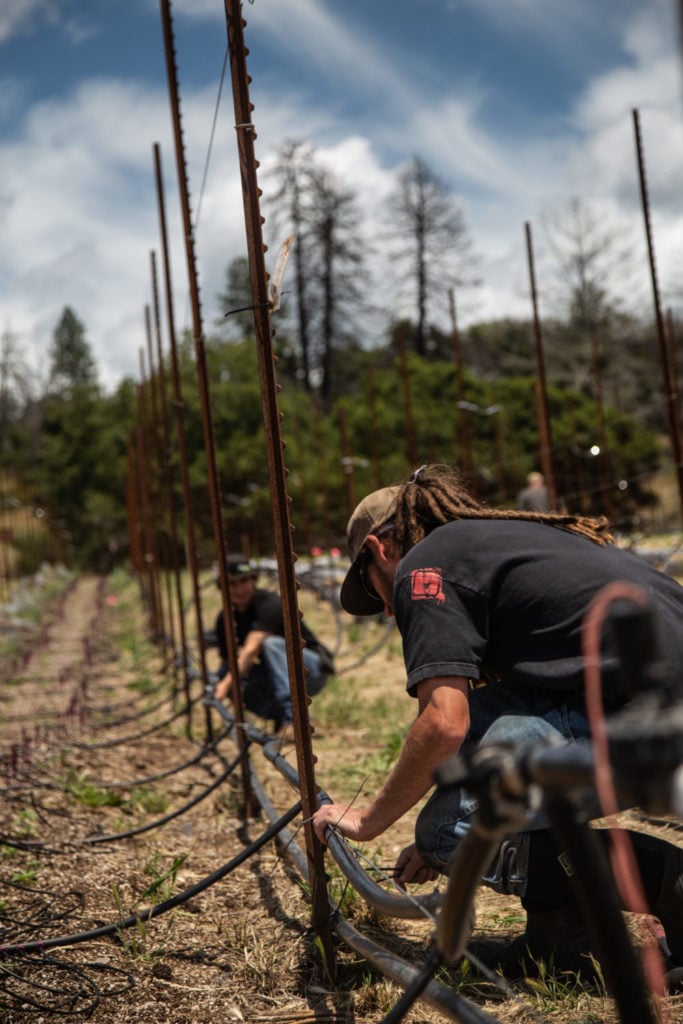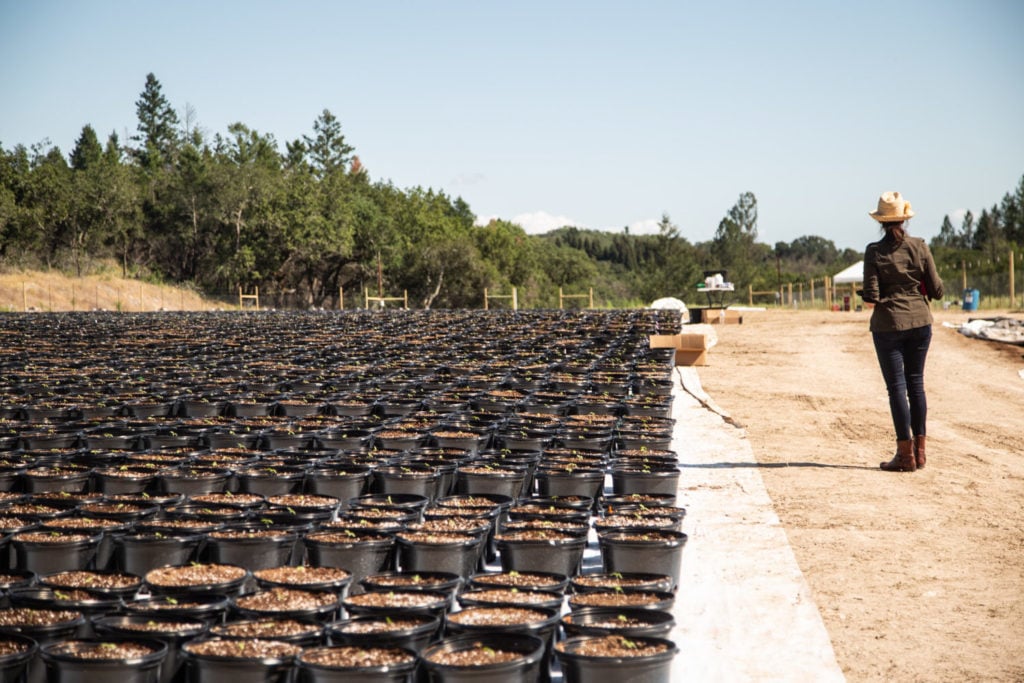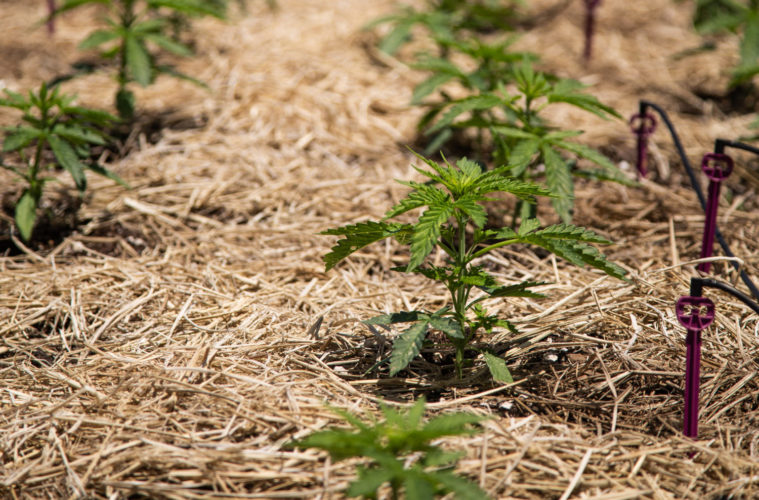One cannabis company, SPARC, is attempting to do its part helping the wine country Latinx community that’s seen much of its economic opportunity disappear with the pandemic.
With many wine country farm laborers and restaurant employees out of a job due to the pandemic, longtime operators SPARC are bringing some over to the cannabis industry with the help of Sonoma’s La Luz Center, a nonprofit that strengthens Hispanic communities through economic development.
SPARC founder Erich Pearson moved to California in 1998, and less than a decade later founded one of the state’s premier medical cannabis cultivation collectives in San Francisco with SPARC, eventually opening the first of the dispensaries that shared the name not long after.
In 2017, SPARC expanded its cultivation efforts to Sonoma County. While many counties have issued outright bans on the cannabis industry, Sonoma has one of the most famously tricky paths to compliance.
“SPARC was founded on medical cannabis patients support in San Francisco during the AIDS crisis. We have always been about supporting the community by cultivating and providing clean medical and recreational cannabis,” Pearson said while announcing the collaboration with La Luz Center. “Offering meaningful employment with help from La Luz reminds me of where we came from, and the multitude of positive impacts that come from running a legal cannabis business.”

A preseason irrigation system checkup in the hills of Wine County.
Pearson called the current struggles of the cannabis industry and some of it’s biggest names a blip on the timeline — “we’ve been at this for 20 years,” he told L.A. Weekly. But despite the weirdness of the moment, he loves the aspects that come with legitimacy. Whether working to help the community or just not going to jail in the process of helping the sick.
We asked Pearson if he thought cannabis’s recently found legitimacy would come at the pace it did, leading collaborations with such mainstream community organizations like La Luz Center?
“Yeah, certainly,” he replied. “I don’t know that legalization really… I mean we’ve always worked with community organizations. It’s something we’ve done since the very beginning. It was the nature of a lot of early cannabis businesses. We had to build allies and friends because you had the government against you.”
That meant in the dark ages of pot before you could even consider a location for a dispensary in California and even more so than today, you had to do some serious research into community opposition. In the 2000s, the right group of NIMBYs filling the right pockets could stop a dispensary from opening up shop in even the most left-wing stronghold. It was critical for dispensaries to get the ball rolling on relationship building long before cutting the green ribbon.
“Find those nonprofits, find those allies that you can partner with, and help you demonstrate to the government you were doing something good,” Pearson said.
As for the biggest difference from those early community partners for cannabis businesses to the ones we see today?
“Well the biggest difference is social equity right?” he replied. “Social equity were not words the cannabis industry knew until the last four years.” Pointing to the earliest days of the now nationwide movement in Oakland and San Francisco, Pearson believes now that we have entire states like New Jersey, New York and Connecticut legalizing, and in the process talking about important equity questions, means they’re finally seriously looking at “what the states can do to fix the harms of the drug war’s costs. That’s sort of the next step of what cannabis is doing.”

Getting the pots ready for a busy summer.
Pearson went on to explain how the relationship with La Luz came about, noting “La Luz is a resource center for Latinx folks. Whether they’re documented or undocumented.”
La Luz is located in the Fetters Hot Springs neighborhood of Sonoma, California. Much of the neighborhood population provides the backbone of wine country’s agricultural workforce. Whether people need support finding housing, food, employment or help signing up for government programs, La Luz is there to help those folks out.
SPARC had supported La Luz’s charitable efforts in the past. One time saw them prepay local farmers for their pumpkins in the summer to provide cash flow, then later on La Luz distributed the pumpkins to the kids in their network when things got a bit spookier.
“It’s something low-income families wouldn’t usually get to do. Spend $30 bucks each to take their kids to the pumpkin patch, so that was the introduction to La Luz,” Pearson said.
When he had the opportunity to hire some new workers this year after expanding his garden operation, he immediately gave La Luz a call to see if they could help him out.
“I said, hey are there people you know that need work? Agricultural workers or young adults that are out of work? Because there are so many people out of work right now. They’re super close and local to us, and we hired 12 of their community members,” Pearson said.
Among the most eager new employees is a hardworking 83-year-old who still loves to be outside working with his hands.
Pearson was just glad he could help some members of the food and hospitality industry out as there are only so many agricultural jobs to absorb the labor force impacted by the pandemic.
Advertising disclosure: We may receive compensation for some of the links in our stories. Thank you for supporting LA Weekly and our advertisers.

